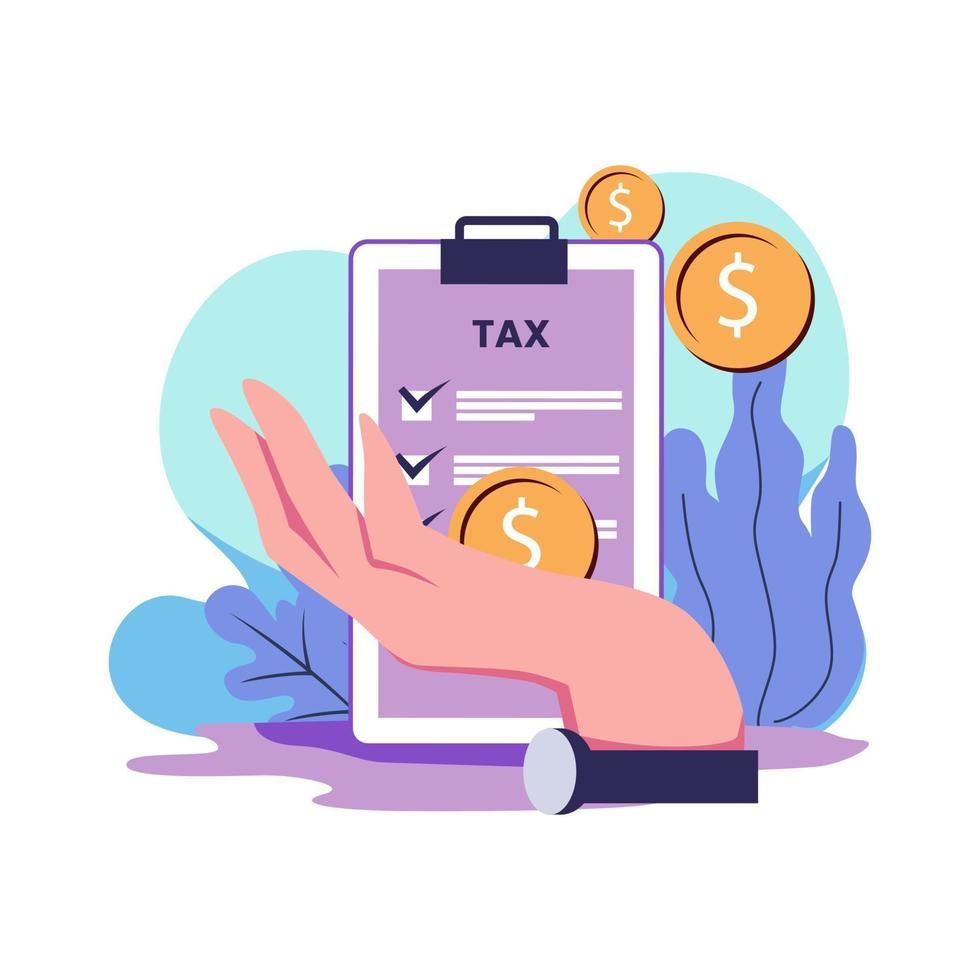LEAVE WITHOUT PAY: WHAT YOU NEED TO KNOW
Requests for unpaid leave can be tricky to negotiate. Here’s what you need to know about your obligations and having proper policies in place.
“I want to take an unpaid sabbatical for a year.”
“I’m out of annual and carers leave, can I take unpaid leave to care for a family member?”
These are both questions employers might hear at some point – and it might take them by surprise if they’re unprepared. Leave without pay is an area where it’s crucial for employers to have appropriate policies in place because, without one, they might be caught wondering what to say when a request arises.
DEALING WITH UNPAID LEAVE REQUESTS
Employees mostly request unpaid leave when they have already exhausted their paid leave requirements.
Reasons can include wanting to:
- have an extended holiday
- take a career break
- care for children or other family members
- recover from an illness.
And while the Fair Work Act says an employer can’t reasonably refuse paid annual leave requests, it’s not so clear cut when it comes to taking leave without pay. While some forms of unpaid leave – such as parental and community service leave – are considered an entitlement under the National Employment Standards, others are left more to the employer’s discretion.
The decision, therefore, comes down to the reason the leave is being requested, the size of the business, the impact the absence will have, and how long the leave is for, as well as whether an employer has a policy. For example, it might be reasonable to refuse a long leave request for a backpacking trip if you’re a very small business.
Having a policy ensures an employer clearly sets out the circumstances in which they’re prepared to grant this kind of leave. It also helps if they’re unsure whether to treat an employee as having abandoned their employment if, for example, they’ve taken unpaid leave without permission.
As well as this, a policy helps employees understand their obligations while on unpaid leave, such as how often they have to check in with their employer.
Alongside having a policy, employers should always make sure that any leave without pay arrangement is confirmed in writing.
UNPAID LEAVE – HOW DOES IT IMPACT SERVICE?
Another area to be across is how taking unpaid leave impacts continuous service. According to the Fair Work Ombudsman, two key points to understand about this are:
- Most unpaid leave does not count towards continuous service
. Employees also can’t accrue annual or personal/sick leave while on unpaid leave, and it does not count towards continuous service when calculating long service leave. There may be exceptions, such as community service leave or pandemic leave.
- Although it doesn’t count as service, it does not break a period of continuous service.
- So for example, an employee works for a company continuously for five years and then takes a year of unpaid leave. When they come back, their continuous employment starts from the five-year mark – the year of leave doesn’t count towards the total, but they don’t have to restart at zero either.
If you need help getting across this, have a look at My Business Workplace’s Leave Without Pay policy. Like all Workplace policies and documents, it is drafted by leading legal professionals with the needs of SMEs in mind. Check out My Business Workplace for further HR support.
The post LEAVE WITHOUT PAY: WHAT YOU NEED TO KNOW appeared first on Green Taylor Partners.
More GTP Articles






